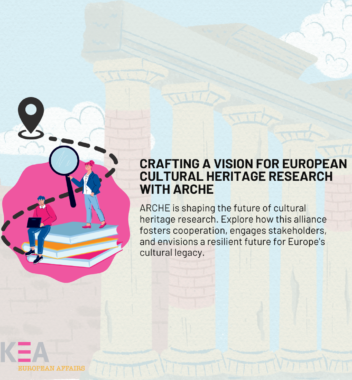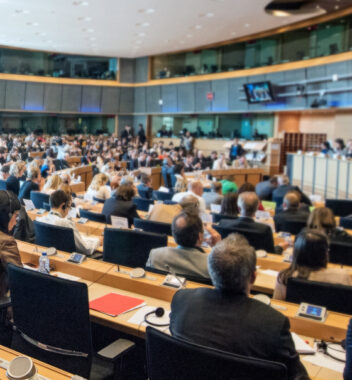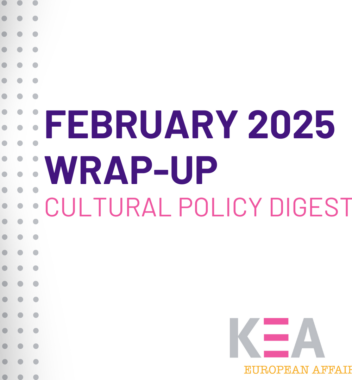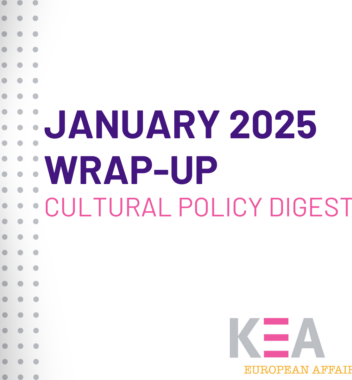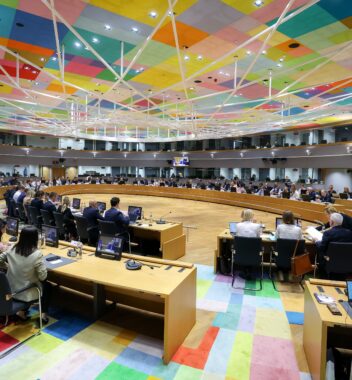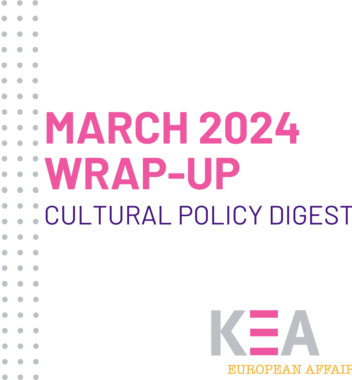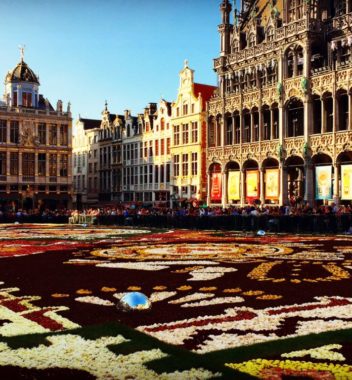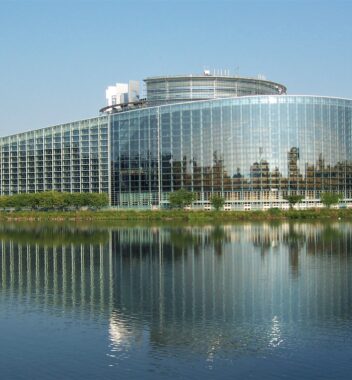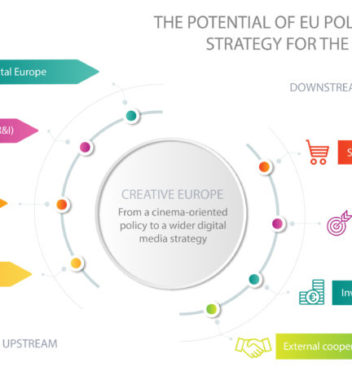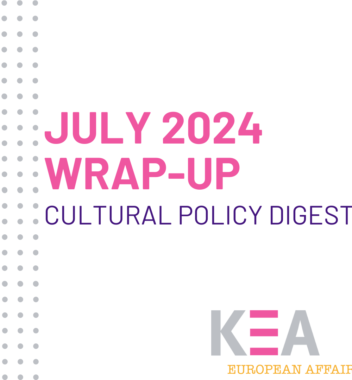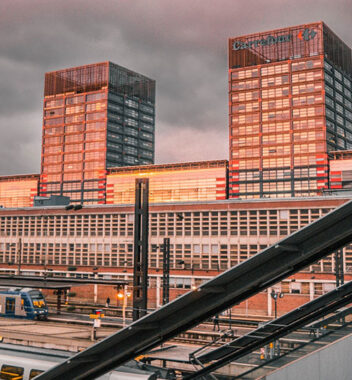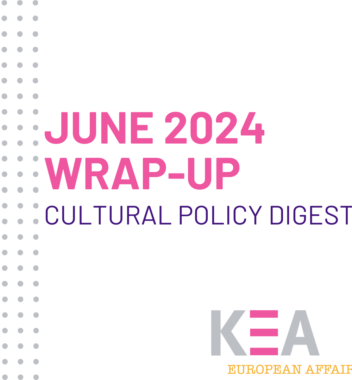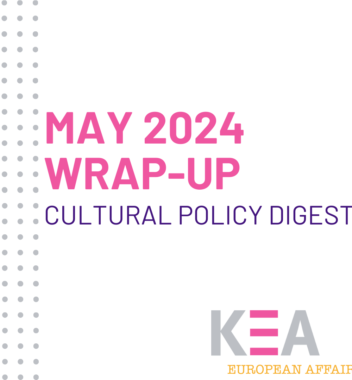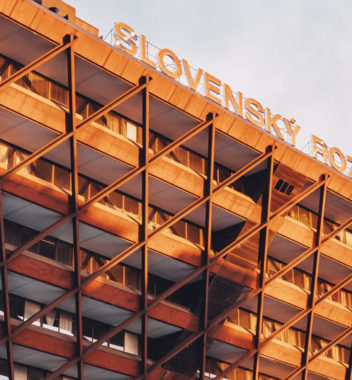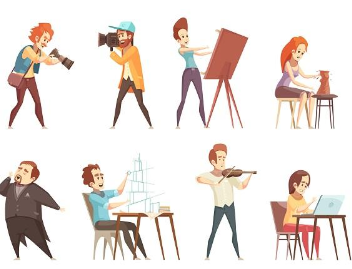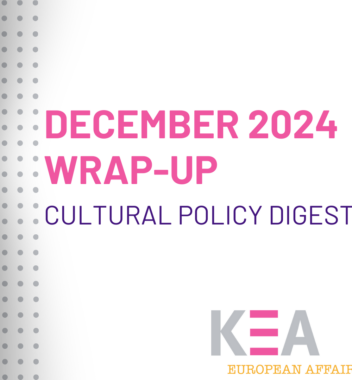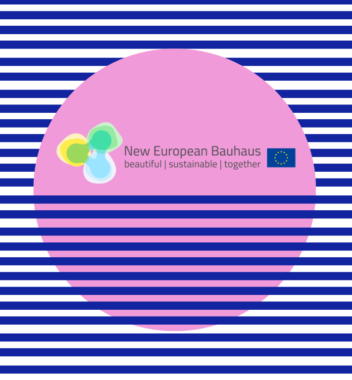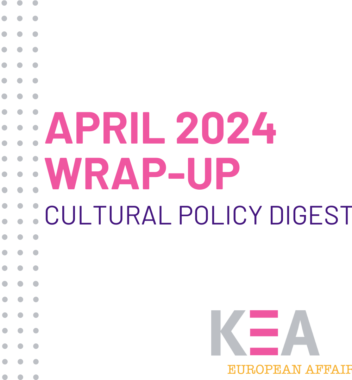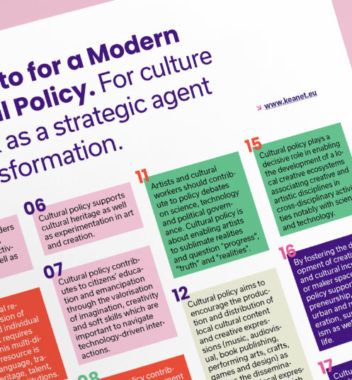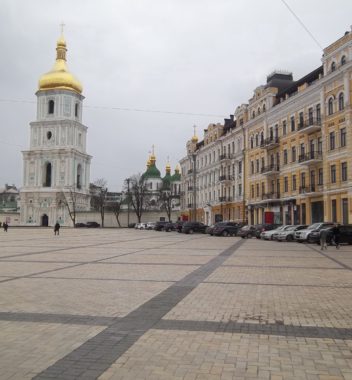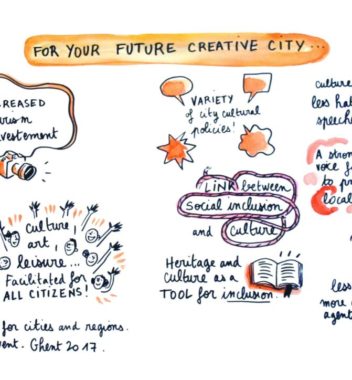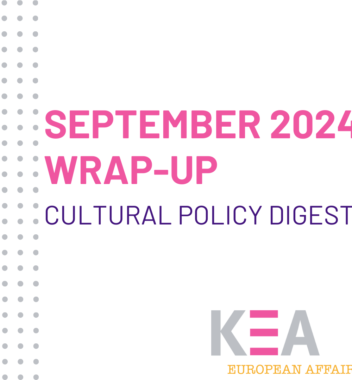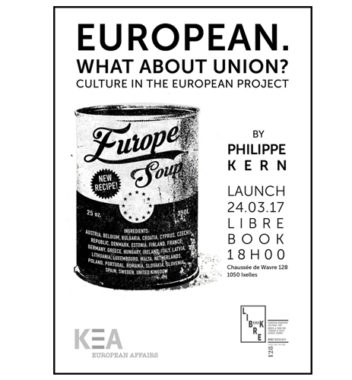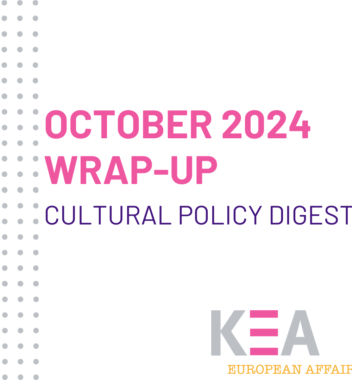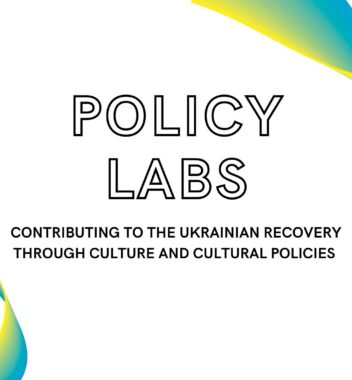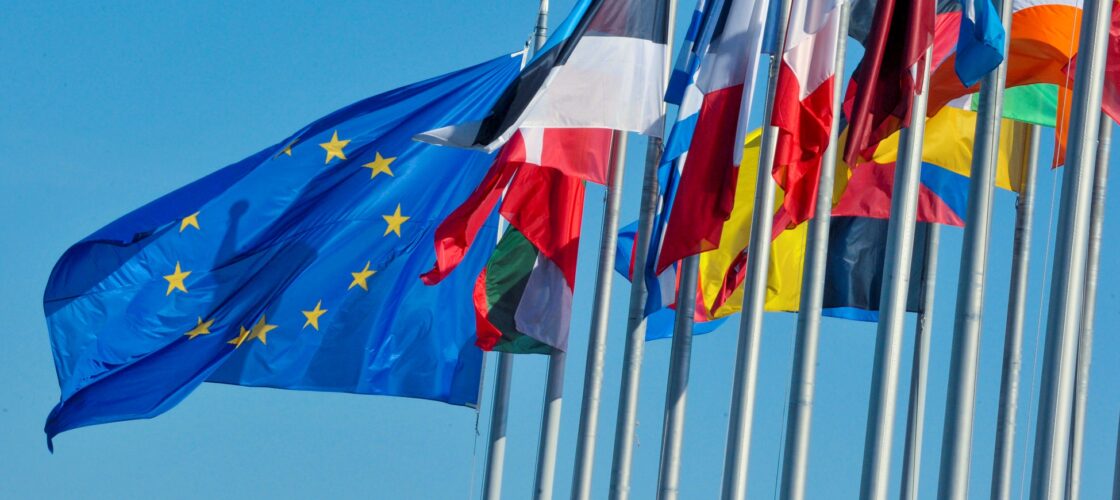
Culture has suffered from a puzzling paradox vis-à-vis the last European crises. A decade ago, public spending on culture languished as a major victim of the policy reactions to the Eurozone crisis, downgrading culture to a superficial or luxurious sector in our societies. While during the Covid crisis, culture took the central stage and was regarded as a lifesaving vector for everyone living under a lockdown. From luxury to first-hand necessity, the contrast between the perception of culture at critical times reveals many learnings and calls for governments to revise their cultural policy.
In this line, the Council of Culture Ministers of the EU has adopted its latest Work Plan for Culture (2023-2026), an update from its previous version which comes to an end this year.
The Work Plan for Culture is a document that frames Member States’ four-year collective strategy to address the main challenges facing the cultural and creative sectors and delineates actions to address them. The preparation of this plan was initiated by the French Presidency and finalized by the Czech, involving many conversations with the European Commission, Member States and stakeholders from the cultural and creative sectors over the past few months.
Main ideas
The resolution highlights 1) climate change, 2) digitalization, 3) COVID-19 and 4) the war in Ukraine as the four major developments in Europe that have shaped the work plan since its last version. Hence, the updated Work Plan is structured along the following four main complementary priorities:
- artists and cultural professionals: empowering the cultural and creative sectors
- culture for the people: enhancing cultural participation and the role of culture in society
- culture for the planet: unleashing the power of culture
- culture for co-creative partnerships: strengthening the cultural dimension of the EU external relations
Then in relation to the priority areas and working methods described in the text, the resolution sets out 21 actions covering specific issues such as:
- the working conditions of artists
- the role of culture for health and well-being
- access to culture, cultural participation and democracy
- the role of libraries
- the sectors’ green and digital transitions
- culture, cultural heritage and climate change
- cultural governance
- and international cultural relations, including Ukraine
Ukraine appears as a constant reference throughout the Council resolution. In a war-torn country where culture is the difference between living and surviving, the role of the cultural and creative sectors cannot be overstated. Its newly-acquired candidate status is also envisioned as an opportunity to articulate better cultural policies in European foreign actions.
The resolution acknowledges culture’s capacity to define our foundations, shape our daily lives and structure our collective future. In a world that is more globalized but also more anarchic, where the green and digital transitions are becoming imperatives and unknown societal risk will appear, we need ambitious cultural policy goals. KEA welcomes the vision of this resolution and encourages the other institutions to continue with this line of work.
Overall, the resolution delineates a holistic perception of culture that is articulated across many policy fields. KEA welcomes such vision and shares the ambition to build a more coherent European cultural policy ecosystem. From the long-awaited status of artists, to the upcoming development in EU international cultural relations, this resolution deals with culture both as an object and subject in our societies. As we have explained in our previous blog, it is necessary to develop a new understanding on the contribution of culture to better address great challenges of today and tomorrow.
KEA has been advising territories, organisations and people to unlock the potential of cultural and creative industries since 1999. www.keanet.eu

